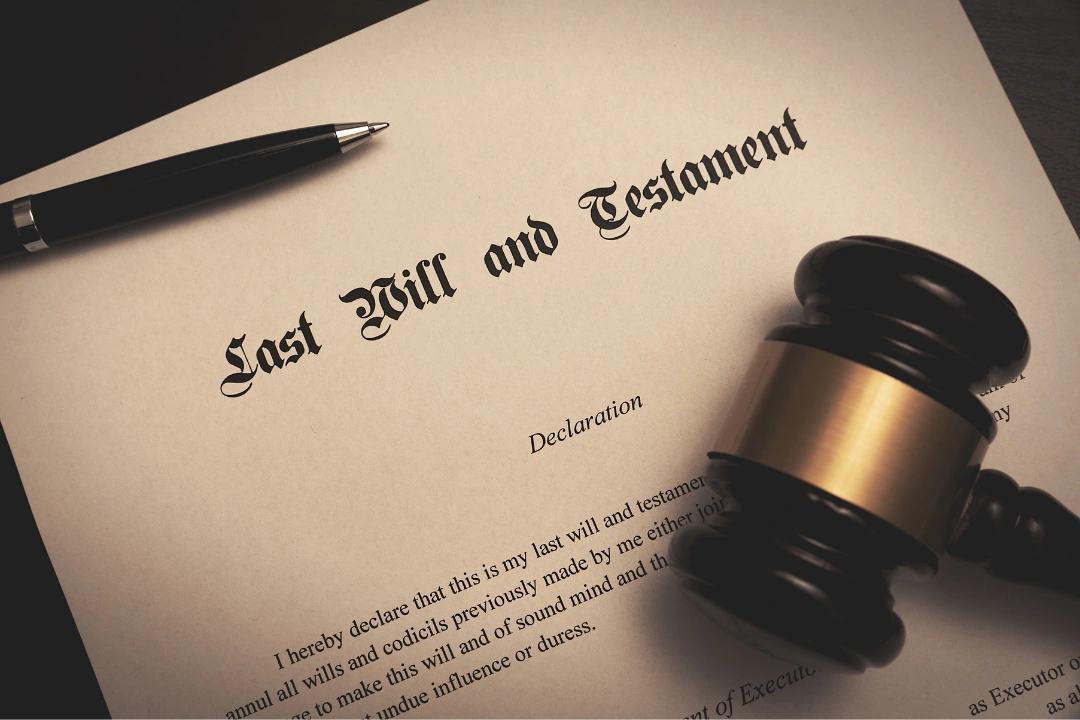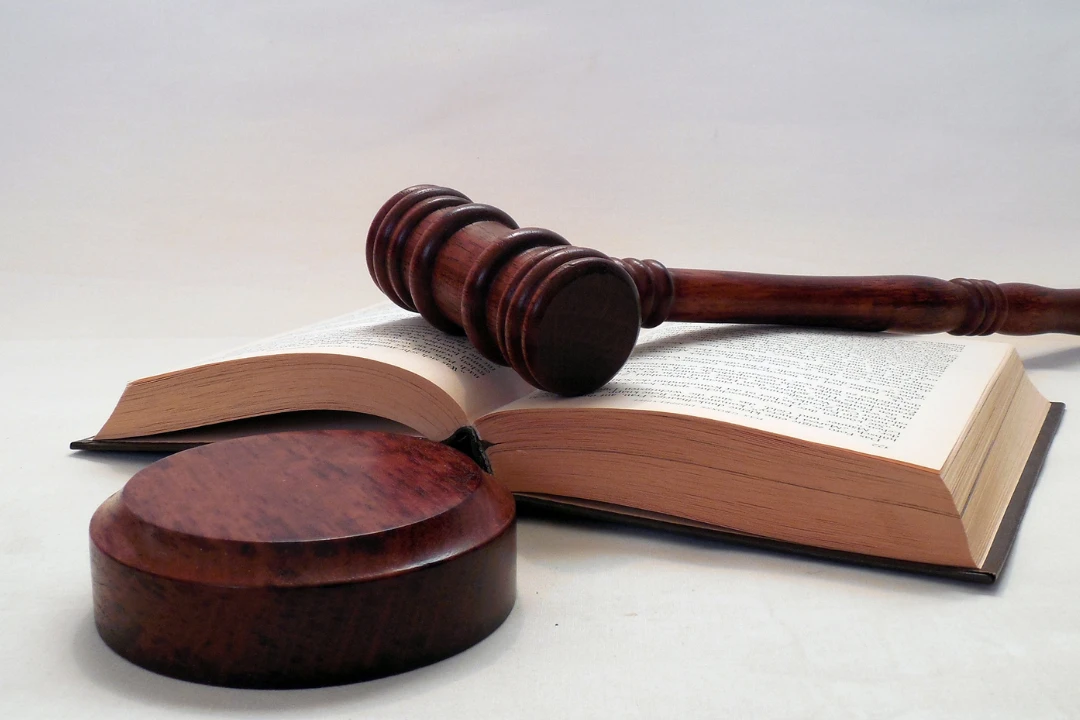Experienced Wills and Trusts Lawyers for Texas Families
Protecting Your Family’s Future
Schedule a Consultation

Protecting Your Assets and Family
A will is essential for anyone seeking to ensure that their assets are distributed according to their wishes after their death. We specialize in helping individuals in Frisco, Lewisville, Flower Mound, and surrounding areas create comprehensive estate plans. Our attorneys are committed to ensuring that your legacy is protected, your family is provided for, and your estate is handled smoothly.
Why Choose Us for Wills?
Comprehensive Estate Planning Services
We help you understand the differences between wills and trusts, and guide you in making the best decisions for your family and financial future.
Experienced Attorneys
With over 30 years of experience, we offer expert guidance in drafting wills, setting up trusts, and navigating estate law.
Protect Your Family’s Future
We ensure that your final wishes are clearly documented and legally enforceable, reducing the potential for confusion and family disputes after your passing.
Wills
A will is a legal document that specifies how your assets will be distributed after your death. It also allows you to name guardians for minor children and appoint an executor to manage your estate. Having a will ensures that your assets are distributed according to your wishes, not according to Texas’s intestacy laws.
Key Components of a Will:
Asset Distribution: Directs how your assets (real estate, personal property, financial accounts) should be distributed after your death.
Appointment of Guardians: If you have minor children, a will allows you to name guardians who will care for them if something happens to you.
Executor: You can designate an executor to carry out your will’s instructions, including managing your estate through the probate process.
What Happens If You Don’t Have a Will?
Without a will, your estate will be divided according to Texas law, which may not reflect your desires. This can lead to delays, additional costs, and potentially family disputes. A valid will provides peace of mind and a clear roadmap for your family to follow after your passing.
Trusts
A trust is a legal arrangement in which a trustee holds and manages your assets on behalf of beneficiaries. Trusts can help avoid the probate process, minimize estate taxes, and offer flexibility in how assets are distributed.
Types of Trusts We Help You Establish:
Revocable Living Trust: Allows you to control your assets while you’re alive and specifies how they should be managed and distributed after your death. You can amend or revoke the trust at any time during your lifetime.
Irrevocable Trust: Once established, this type of trust cannot be changed or revoked. It can provide significant tax benefits and asset protection.
Special Needs Trust: Ensures that a loved one with special needs is provided for, without affecting their eligibility for government benefits.
Testamentary Trust: Created as part of a will and only becomes effective upon your death. It can be used to set up a trust for your heirs that is managed by a trustee according to your wishes.
Why Choose a Trust Over a Will?
While a will directs how your assets are distributed, a trust provides more control over when and how your assets are distributed. Trusts can help avoid the probate process, which can be costly and time-consuming. They also offer more privacy, as they do not go through public court proceedings like a will.
Common Questions About Wills
Find answers to frequently asked questions about the estate planning process.
What is the difference between a will and a trust?
A will specifies how your assets should be distributed after your death, but it requires a probate court process to be executed. A trust, on the other hand, allows you to manage and distribute your assets without going through probate, offering greater flexibility and control.
Can I change my will after it’s created?
Yes, you can update or revoke your will at any time while you are still alive. Changes can be made through a codicil (an amendment to the will), or by creating a new will that explicitly revokes the old one.
Do I need a trust if I already have a will?
A trust is not required, but it can provide added benefits, such as avoiding probate and offering more control over your assets. Trusts can also help minimize estate taxes, protect assets from creditors, and ensure that your assets are distributed as you wish.
Who should I appoint as the executor of my will?
The executor should be someone who is trustworthy, responsible, and capable of managing financial and legal matters. Often, people appoint a close family member, but it can also be a trusted friend or professional. It’s important that the executor understands their responsibilities and is willing to take on the role.
What assets are not included in my will?
Certain assets, such as life insurance policies, joint bank accounts, and retirement accounts, typically pass outside of your will directly to the designated beneficiaries. If you want these assets to be distributed in a specific way, you need to ensure they are properly designated through beneficiary designations, not in the will.

Why You Need an Experienced Wills Lawyer
The process of drafting a will and setting up trusts can be complex, but with the guidance of a knowledgeable attorney, you can create an estate plan that ensures your wishes are honored and your loved ones are provided for. We help you navigate the nuances of wills and trusts to ensure your estate is managed and distributed exactly as you intend.
